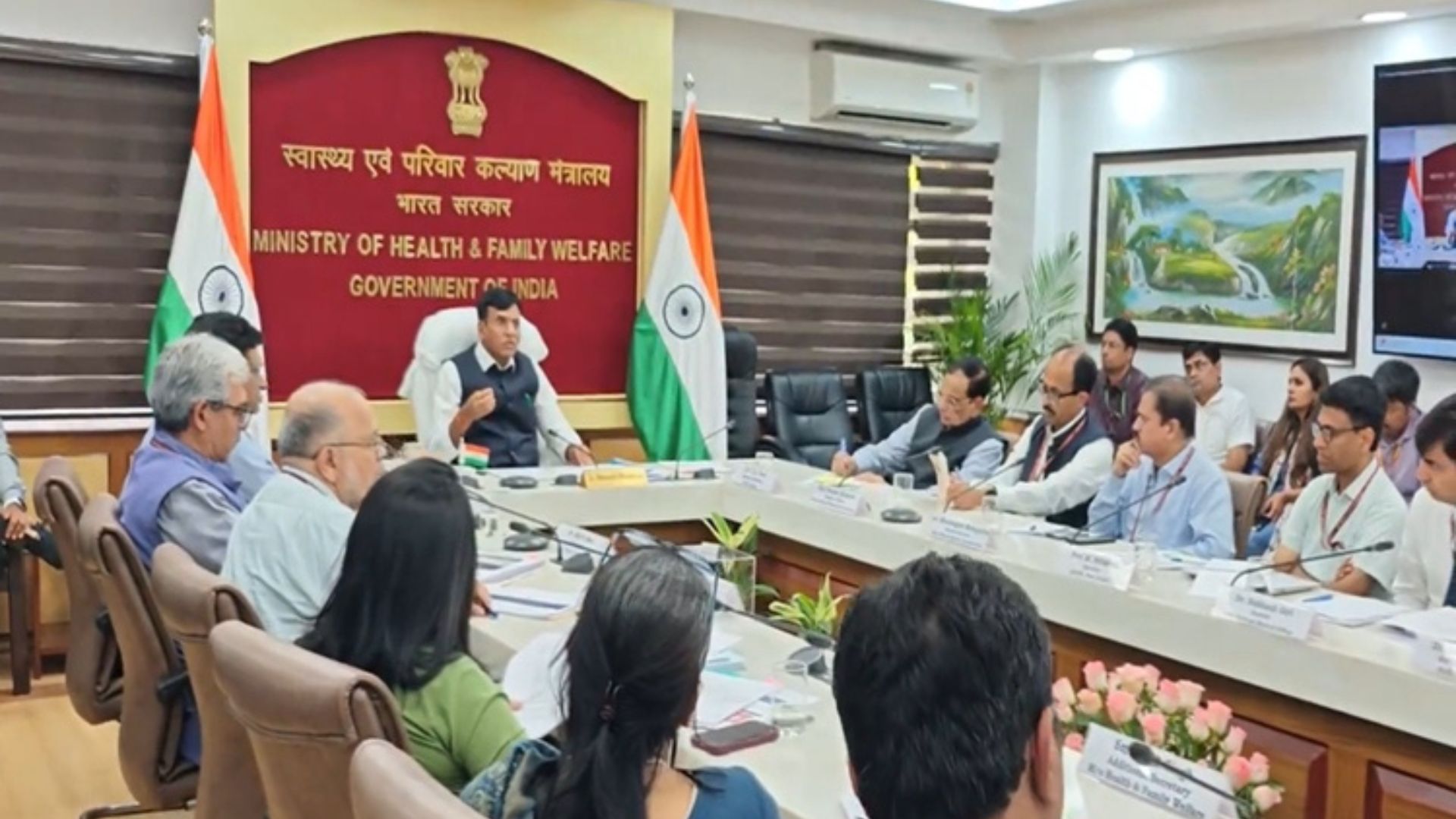The Union Health Ministry, led by Directorate General of Health Services Dr. Atul Goel, organized a virtual meeting with States/UTs to evaluate their readiness for heatwave conditions and the fire and electrical safety measures implemented in healthcare facilities nationwide.
Based on the Indian Meteorological Department’s long-range forecast issued on May 27, June 2024 is expected to witness above-normal monthly maximum temperatures in most regions of the country, except for parts of southern peninsular India where normal to below-normal temperatures are anticipated.
During June, elevated heatwave conditions are expected across most areas of Northwest India and adjacent parts of Central India.
State health departments have received directives that include advisories, guidelines for strengthening health system preparedness against Heat-Related Illnesses (HRI), public health advisories with “Do’s and Don’ts,” IEC poster templates, emergency cooling guidelines for severe heat-related illnesses, guidelines on Autopsy Findings in Heat-Related Deaths, and communication from various health authorities regarding health facility fire safety measures and checklists to assess health facility and ambulance preparedness, aimed at preventing and managing the health impacts of heat.
States and UTs were urged through a letter dated March 23, 2024, to proactively implement measures to mitigate the impact of extreme heat and prevent potential disasters.
The letter emphasized that top-level officials in all States/UTs are closely monitoring the situation. For instance, Madhya Pradesh conducted mock-drill exercises on fire-safety incidents across Government and Private Hospitals, with coordination between Urban Administration and Engineering departments. A Code Red Protocol was also established. Heat Wave Control rooms have been set up in Odisha. In Uttar Pradesh, a DASTAK campaign is underway to raise public awareness, and Fire Safety Officers have been appointed in most health facilities. Additionally, Haryana allocated specific funds to ensure the availability of essential drugs and logistics in healthcare facilities.
Ambulances connected to emergency numbers 104 and 108 in Rajasthan are equipped with cooling equipment. In West Bengal, fire departments ensure fire safety certificates and conduct mock drills. In Bihar, coordination with the State Disaster Management Authority aims to prevent fire incidents at healthcare facilities.
Delhi has issued directives and standard operating procedures (SOPs) regarding firefighting systems for both government and private hospitals. Fire evacuation plans and firefighting systems are mandatory in all facilities, including smaller ones without fire NOC from government or private institutions.



















